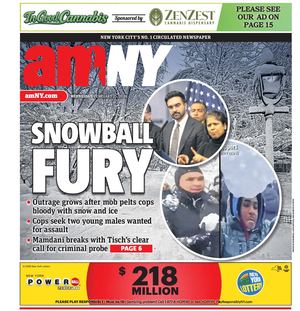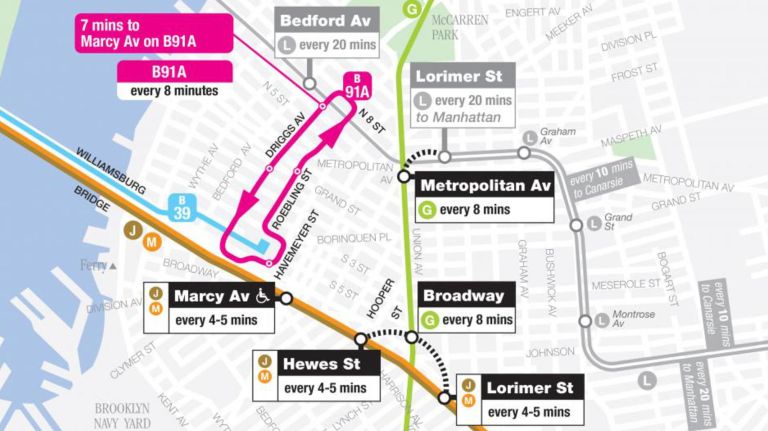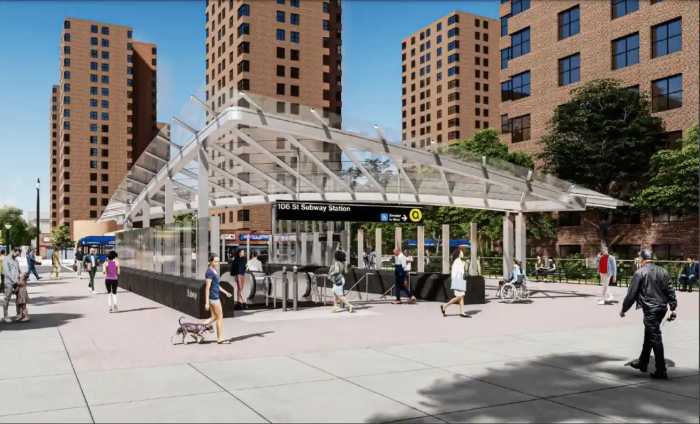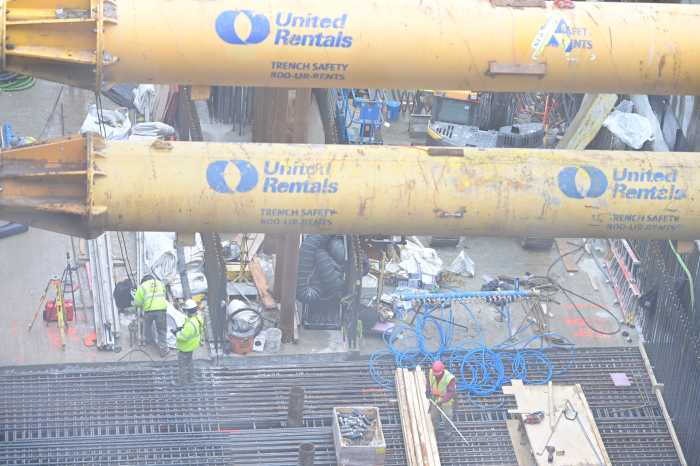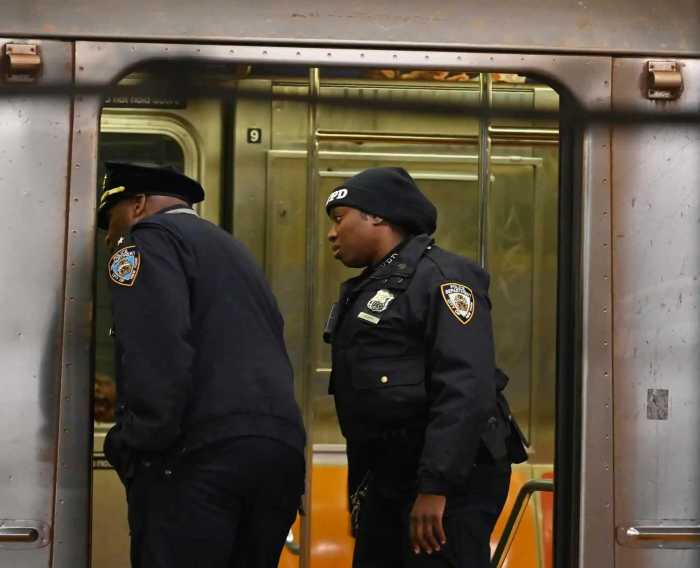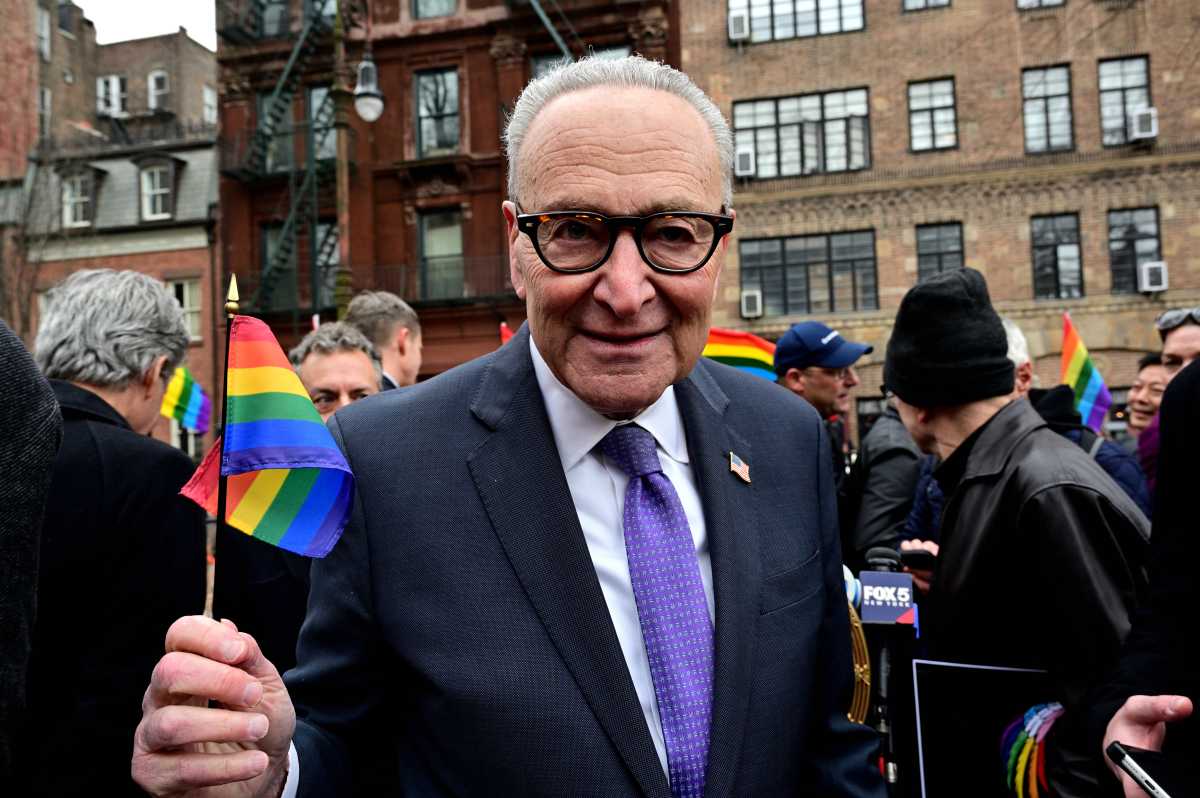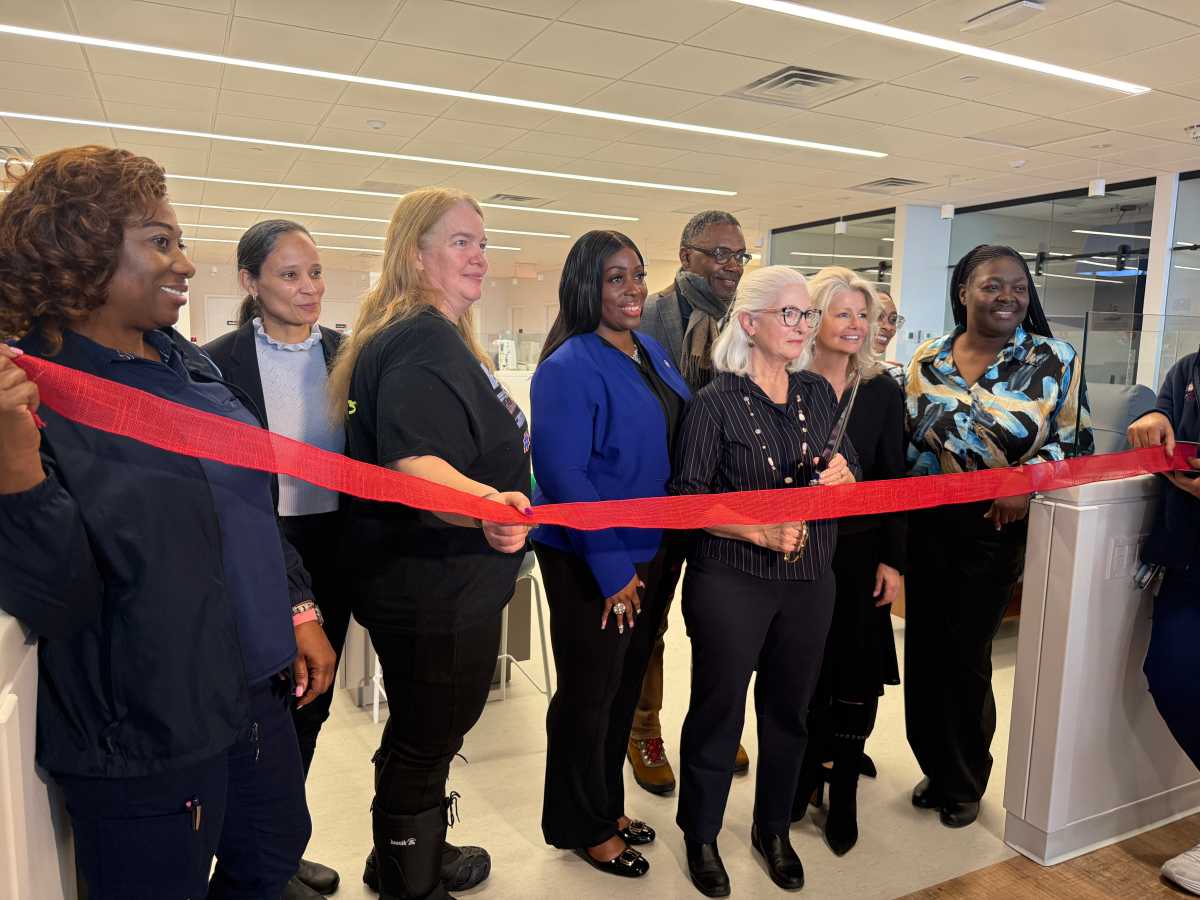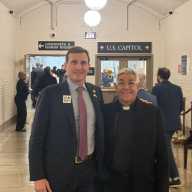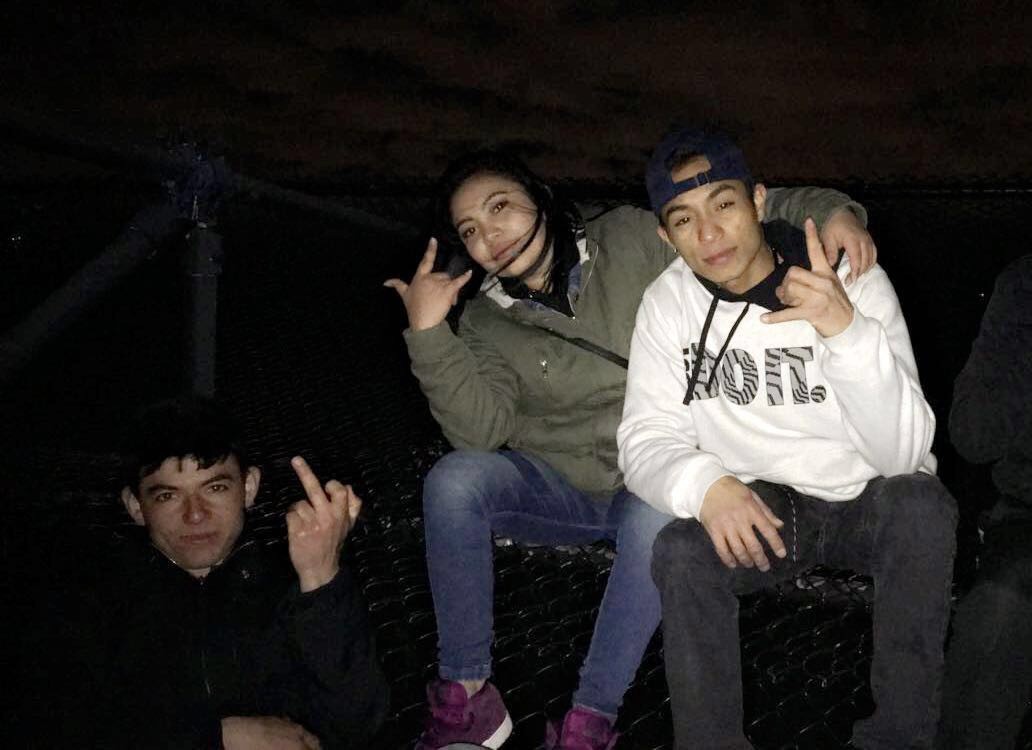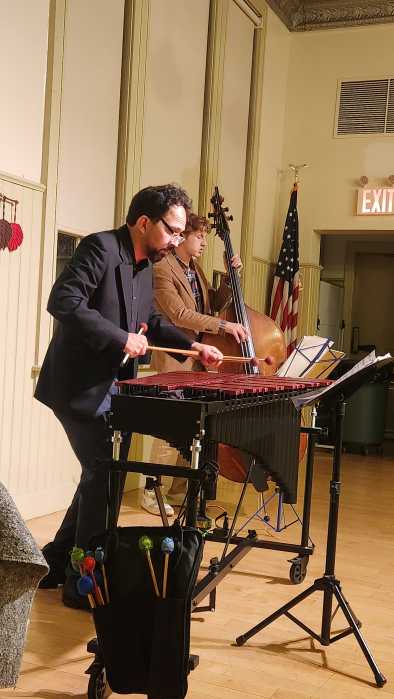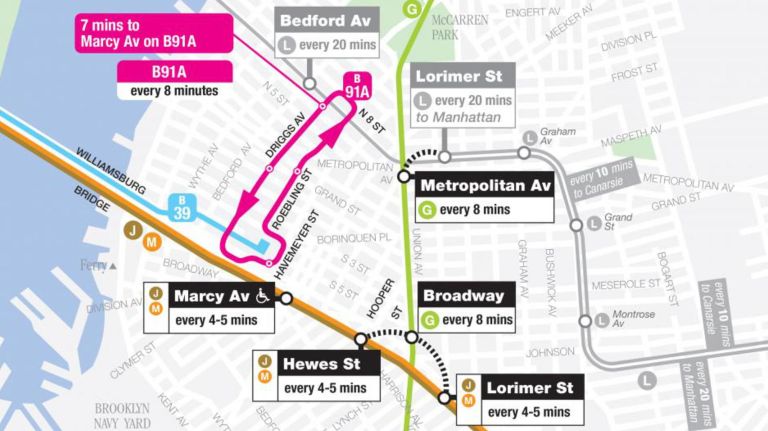
The MTA has made significant changes to one of its L train alternatives.
Beginning Saturday, the B91 and B92 will be combined into one, shorter route called the B91A. The new route connects the Bedford Avenue subway station with the Marcy Avenue station, where commuters can catch the J and M trains, with new stops at Driggs Avenue/Grand Street and Roebling Street/Grand Street.
During peak ridership times, the bus will run every 8 minutes. Overnight and early morning commuters should expect the bus to operate every 10 minutes.
The move comes just over a month after the transit authority began its Canarsie Tunnel rehabilitation project, which will significantly impact overnight and weekend L train service through summer 2020.
Most L train riders have shifted to other subway lines to get around during the service changes, according to the MTA, which has been tracking the use of its service alternatives. While the J and M trains have seen about 60 percent more riders, Williamsburg Link bus ridership is extremely low, serving on average two or three customers per trip.
NYC Transit president Andy Byford said New Yorkers’ “quick adaptation” to the service changes led to the low ridership numbers. So, the transit authority is updating the bus route to match commuters’ needs.
“New Yorkers are savvy and quick to adapt, which has led them to quickly change their behavior and move to other subway lines while the L has reduced service on nights and weekends,” Byford said in a statement Monday. “We always said we would tweak our alternative service plan as riders settled in to new patterns, and by doing so we will be able to use our limited resources on improving service in other ways."
The MTA said the service is still free.
